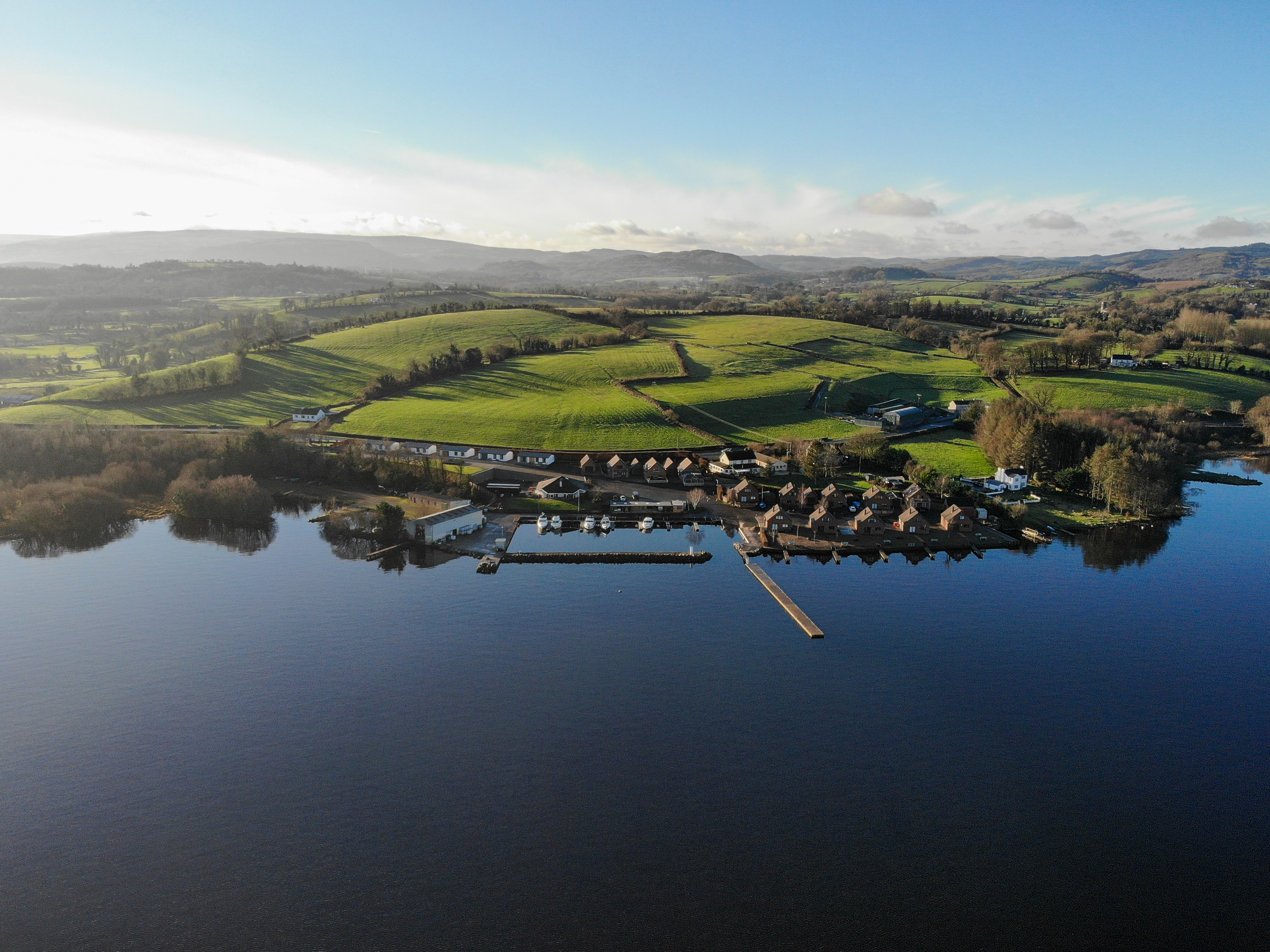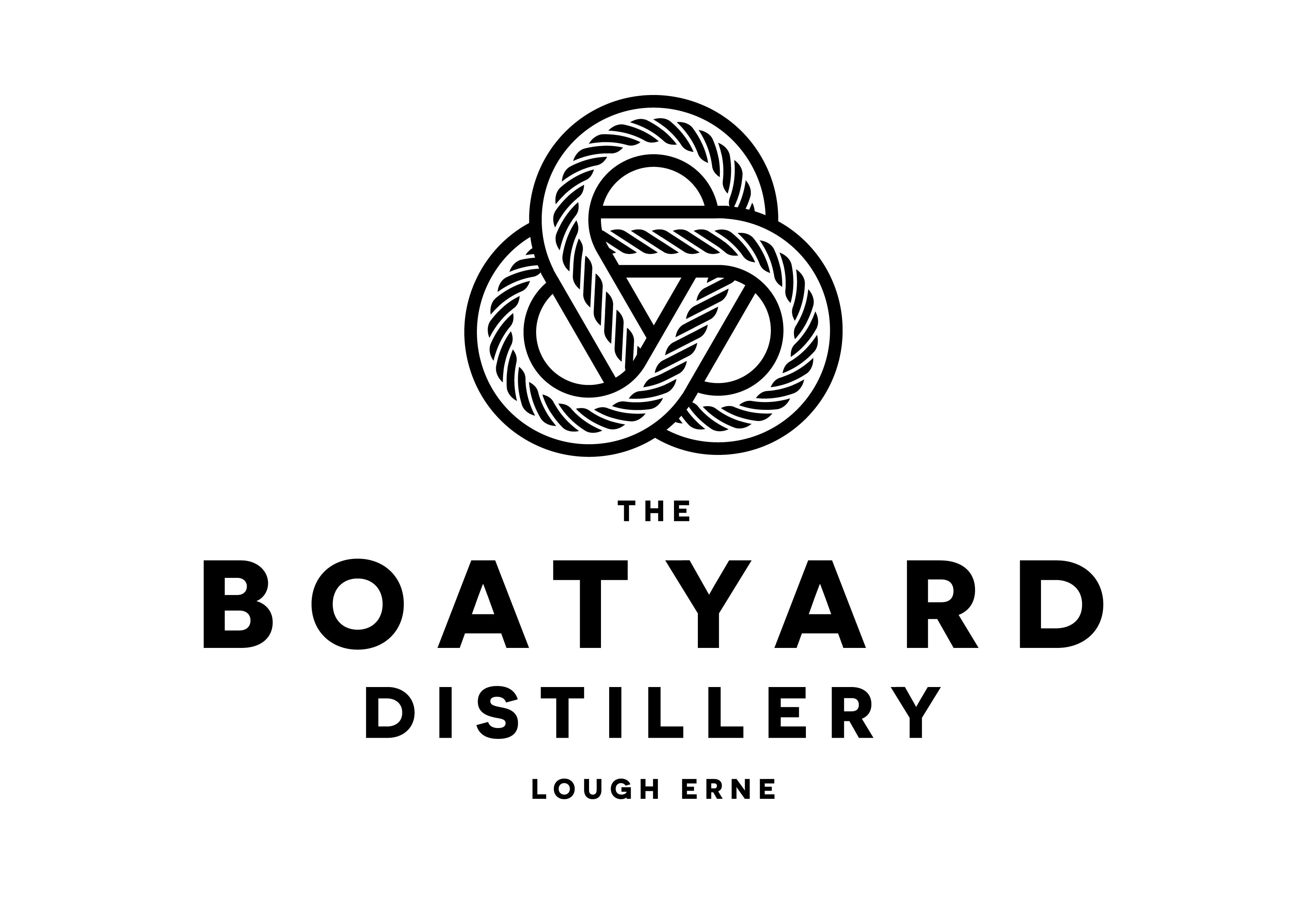



The Boatyard Distillery Ltd

Northern Ireland, United Kingdom
February 2023
Beverages
Manufacturing
Canada,
Denmark,
Finland,
France,
Greece,
Ireland,
Italy,
Malta,
Norway,
Singapore,
South Africa,
South Korea,
Spain,
Sweden,
Switzerland,
United Arab Emirates,
United Kingdom,
United States
The Boatyard Distillery is an award winning distillery located on the picturesque banks of Lough Erne, County Fermanagh, Northern Ireland. The distillery currently produces a core range of 4 premium products - Boatyard Double Gin, Boatyard Old Tom gin, Sloe Boat gin and Boatyard Vodka. The team also uses innovation to seek out new flavours and products for exclusive releases. They follow sustainable and environmentally conscious gin making practices where possible, continually looking at where improvements can be made. With a seismic shift in the way that consumers think about what they eat and drink, The Boatyard Distillery will be an agent of change in Ireland and in the distillery industry, intending to be at the front of the conversation, setting new standards in the world of spirits. A great deal of emphasis is put on meticulously choosing the best quality ingredients and materials utilised in the goods, from the beginning to end of the product. Quality, is supporting and using organically farmed ingredients where possible. They will continue to question and challenge conventional beliefs and push boundaries to be the best it can be for our people, community and environment.
Overall B Impact Score
Governance 16.5
Governance evaluates a company's overall mission, engagement around its social/environmental impact, ethics, and transparency. This section also evaluates the ability of a company to protect their mission and formally consider stakeholders in decision making through their corporate structure (e.g. benefit corporation) or corporate governing documents.
What is this? A company with an Impact Business Model is intentionally designed to create a specific positive outcome for one of its stakeholders - such as workers, community, environment, or customers.
Governance 16.5
Governance evaluates a company's overall mission, engagement around its social/environmental impact, ethics, and transparency. This section also evaluates the ability of a company to protect their mission and formally consider stakeholders in decision making through their corporate structure (e.g. benefit corporation) or corporate governing documents.
What is this? A company with an Impact Business Model is intentionally designed to create a specific positive outcome for one of its stakeholders - such as workers, community, environment, or customers.
Workers 28.2
Workers evaluates a company’s contributions to its employees’ financial security, health & safety, wellness, career development, and engagement & satisfaction. In addition, this section recognizes business models designed to benefit workers, such as companies that are at least 40% owned by non-executive employees and those that have workforce development programs to support individuals with barriers to employment.
Community 19.0
Community evaluates a company’s engagement with and impact on the communities in which it operates, hires from, and sources from. Topics include diversity, equity & inclusion, economic impact, civic engagement, charitable giving, and supply chain management. In addition, this section recognizes business models that are designed to address specific community-oriented problems, such as poverty alleviation through fair trade sourcing or distribution via microenterprises, producer cooperative models, locally focused economic development, and formal charitable giving commitments.
Environment 25.0
Environment evaluates a company’s overall environmental management practices as well as its impact on the air, climate, water, land, and biodiversity. This includes the direct impact of a company’s operations and, when applicable its supply chain and distribution channels. This section also recognizes companies with environmentally innovative production processes and those that sell products or services that have a positive environmental impact. Some examples might include products and services that create renewable energy, reduce consumption or waste, conserve land or wildlife, provide less toxic alternatives to the market, or educate people about environmental problems.
What is this? A company with an Impact Business Model is intentionally designed to create a specific positive outcome for one of its stakeholders - such as workers, community, environment, or customers.
Customers 3.2
Customers evaluates a company’s stewardship of its customers through the quality of its products and services, ethical marketing, data privacy and security, and feedback channels. In addition, this section recognizes products or services that are designed to address a particular social problem for or through its customers, such as health or educational products, arts & media products, serving underserved customers/clients, and services that improve the social impact of other businesses or organizations.